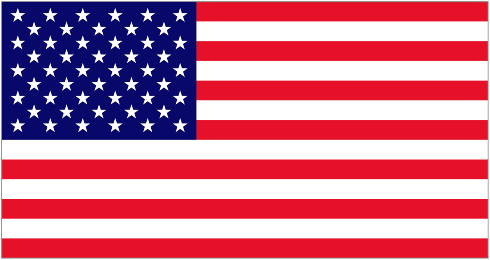
There has not been a confirmed sighting of the Caribbean monk seal (Monachus tropicalis) since 1952. Two days ago, after several years of trying to find or confirm any sightings of the seal, the U.S. National Marines Fisheries Service declared it to be officially extinct. This makes the Caribbean monk seal the first species of seal to be brought to extinction by human actions.
Why this seal, and not another? Because Monachus tropicalis was subjected to the worst of European colonialism. Christopher Columbus himself had his crew kill and eat 8 of them on his second voyage. Before long, the entire region was swarming with Spanish and other European colonists, who exploited the seals commercially for oil and meat. As human civilization in the Caribbean advanced and expanded, the seals' habitat was restricted bit by bit, to the point that the species simply couldn't sustain itself. And so, like so many plant and animal species before it, the Caribbean monk seal was driven to extinction.
According to the World Conservation Union, there are nearly 800 recorded instances of "modern extinction" - human-caused extinction of species after the year 1500. And this doesn't even account for all of the undocumented extinctions, like the extinction of plant and animal species in the disappearing Amazon and other endangered ecosystems, or cases like that of Monachus tropicalis prior to this announcement (it may have been extinct as long as 50 years ago). In fact, the time period since humans began settling and growing in population and habitat is described by biologists as the sixth period of mass extinction in the history of life on Earth. The current rate of extinction is estimated to be between 100 and 1000 times as great as the average rate of extinction suggested by fossil records. Some predict that as many as 20% of species that existed in 1998 could be extinct by 2028. In 2002, one biologist predicted that half of all living species will be extinct within 100 years.
Great strides have been taken in species conservation in recent decades. Endangered species lists, special legal protection, and other measures taken by governments around the world have surely saved many species from the fate suffered by the Caribbean monk seal. But these efforts have been confronted with one of history's greatest ironies: Just as we started to get most of the other factors right, we learned that a product of human civilization we've never taken seriously - pollution - is now bound to put the greatest strain on ecosystems the world has seen in roughly 65 million years. Human expansion and colonial exploitation of animal species, it seems, will soon pale in comparison to the damage that will be caused by global warming.
I have a terrible feeling that within a few decades, species as adorable and innocent looking as the Caribbean monk seal will be succumbing to extinction every day. And it's our fault. How on earth are we going to live with that?





1 comment:
For anyone who cares about wildlife and nature, civilization brings just one tragedy after another. We can force people to stop clubbing baby seals to death for their fur, but an exploding population will eventually remove all wild habitat. You can't ask people to starve rather than eat animals, and we're running out of sources of food. Even if we have enough food, people want big houses and cars, just like Americans, and that means clearing the forests and the jungles.
The only tigers within a very few years will be those found in a zoo.
Post a Comment